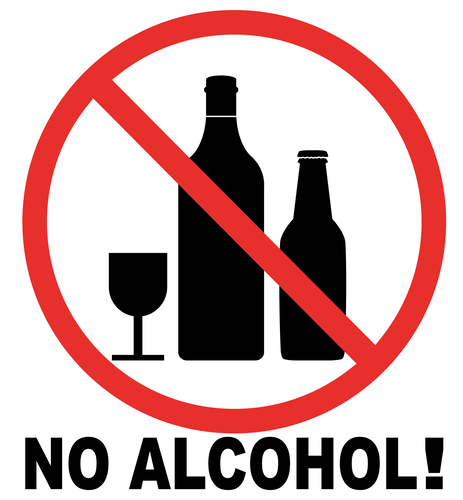Alcohol can provide a temporary sense of being cared for or admired, which is particularly appealing to individuals with an underlying sense of emotional deprivation. A grandiose narcissist may drink to show off and gain admiration from their peers, while a vulnerable narcissist may use alcohol as a coping mechanism to overcome their insecurities. Everyone has a reason for the way they act, and an alcoholic narcissist might tell you a perfectly good reason for why they should drink, whether or not those reasons are justifiable.
- For help or guidance, contact a therapist skilled in addiction and recovery.
- Alcoholism and narcissism are two distinct psychological conditions that can significantly impact individuals and their relationships.
- Alcohol can amplify these feelings, as it causes a sense of invincibility and entitlement to engage in excessive drinking or demanding behavior.
- AUD, on the other hand, is a chronic disorder characterized by the compulsive and harmful consumption of alcohol.
- Meanwhile, alcoholism is an addiction to alcohol that adversely affects a person’s physical and mental health.
You can take them with you to your next appointment to talk with your healthcare provider. Alternatively, you can access support symptoms for each condition separately. Treating each condition independently can sometimes lead people to “choose one over the other,” especially if care is not coordinated. By way of example, a person must meet five of nine possible criteria for NPD to be diagnosed, ranging from grandiosity to a lack of empathy. Take our short alcohol quiz to learn where you fall on the drinking spectrum and if you might benefit from quitting or cutting back on alcohol.
Diagnosing Alcoholism and Narcissism
Generally, people grow out of overt narcissistic behaviors when they reach puberty. However, narcissistic traits do not inherently indicate the presence of a mental health disorder. Narcissism has positive attributes, including increased self-confidence and self-sufficiency.
In other words, grandiose narcissists are more likely to regard the alcohol problems that they may encounter as good. This may be because of the social benefits they bring (e.g., holding one’s liquor might be seen as a good quality and doing risky things while intoxicated could be seen as “cool” in some circles). It is also possible that grandiose narcissism gives one the illusion of invulnerability, especially when drunk. Thus, Addiction Recovery: Seven Great Art Project Ideas by not learning from negative experiences, they might continue to see alcohol consequences as positive. Although the overall R2 was small for problem evaluations, this result is novel since no other study has examined a narcissist’s perceptions of alcohol-related problems. In addition to problem recognition, important factors that might maintain or change drinking behavior are expectancies and evaluations of problems.
Can narcissism cause alcohol use disorder?
However, this relief is short-lived and can lead to a destructive cycle of dependency on alcohol to cope with underlying emotional issues. Setting boundaries and respecting the boundaries of others is a cornerstone of long-term recovery for clients with access to residential treatment. Setting https://g-markets.net/sober-living/top-10-best-mens-sober-house-in-dorchester-ma-in/ healthy boundaries by engaging in positive social situations reduces the risk of relapse. Engaging in positive social engagements is considered a form of self-care. People recovering from co-occurring AUD and NPD must find healthy ways to replace maladaptive behaviors and thought patterns.




Leave A Comment